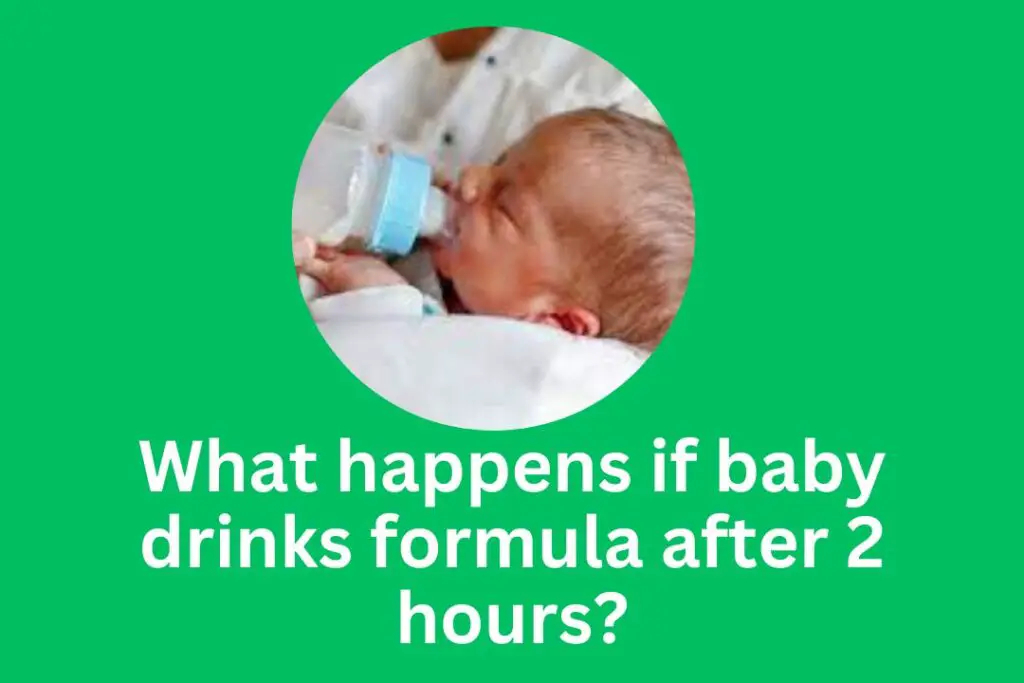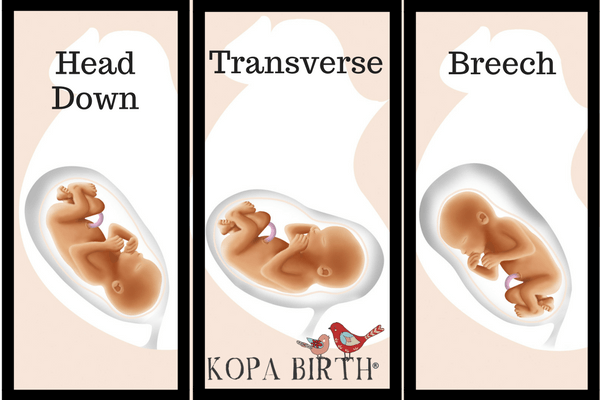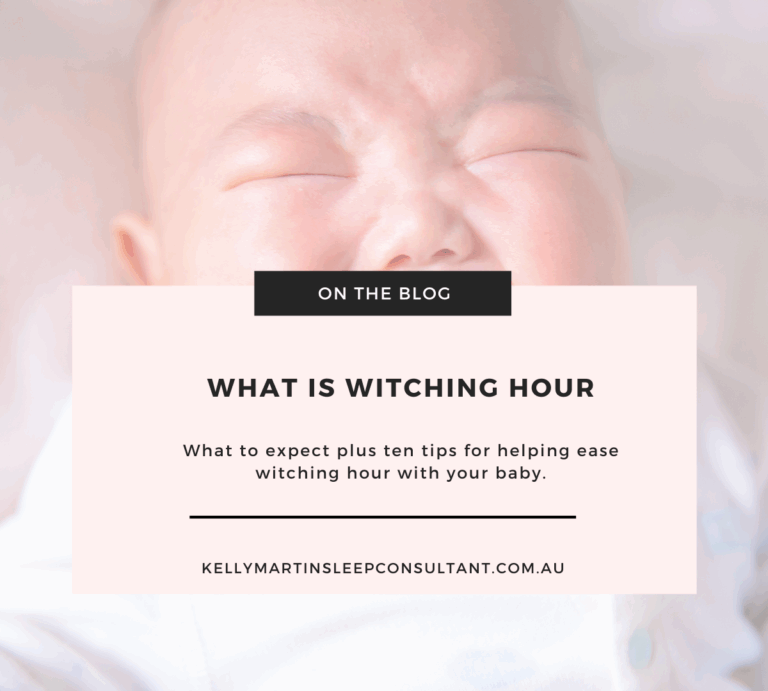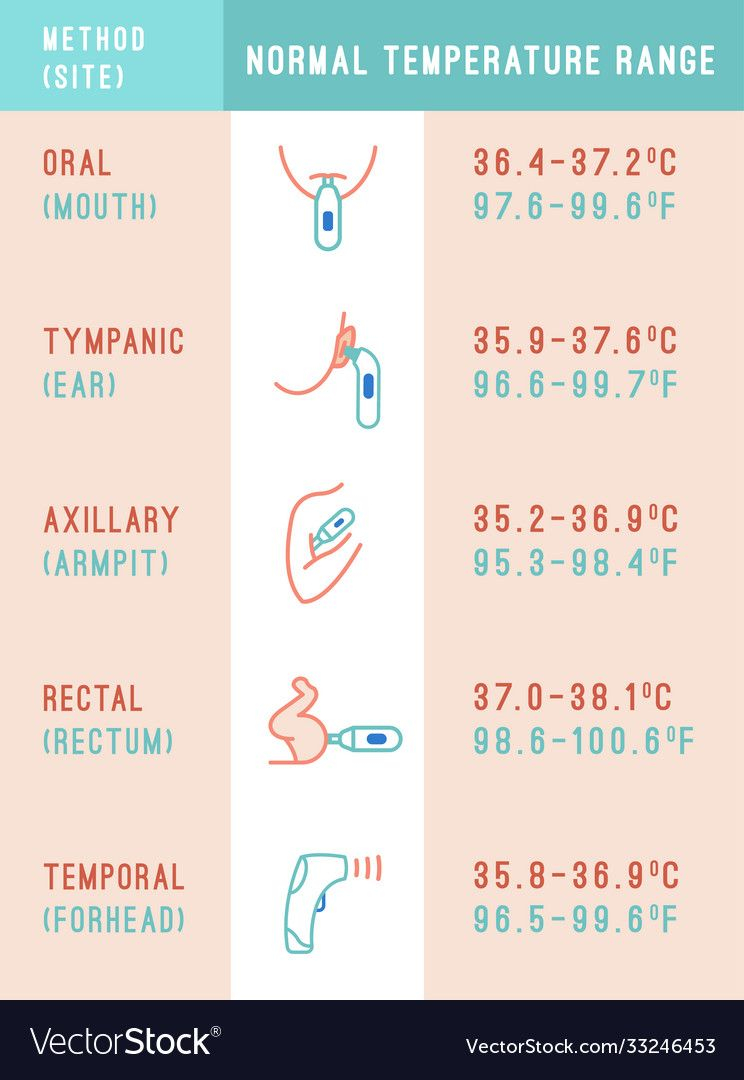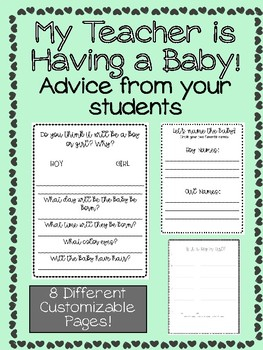What Happens If Baby Drinks Formula After 2 Hours
Are you a new parent or caregiver wondering about the consequences of leaving baby formula out for too long? It’s a common concern for many, and understanding what happens if a baby drinks formula after 2 hours can provide valuable insights into ensuring your little one’s health and well-being.
Knowledge
When it comes to baby formula, it’s essential to follow proper preparation and storage guidelines to prevent any potential risks. After preparing a bottle of formula, it’s crucial to feed it to your baby within two hours. This timeframe is recommended because bacteria can start to multiply in the formula after it has been sitting out for an extended period.
If a baby drinks formula that has been left out for more than two hours, there is a risk of bacterial contamination. This contamination can lead to various health issues, including stomach upset, diarrhea, and even food poisoning. It’s essential to prioritize your baby’s health and safety by always preparing fresh bottles of formula for each feeding.
Additionally, the nutritional quality of the formula may deteriorate if it has been sitting out for an extended period. This can lead to the baby not receiving the necessary nutrients for their growth and development. To ensure that your baby is getting the most out of their formula, always prepare it fresh and discard any leftovers after feeding time.
It’s also important to note that different types of formula may have specific storage and preparation instructions. Always refer to the packaging or consult with your healthcare provider for guidance on how to properly handle and store baby formula to prevent any potential risks.
Conclusion
In conclusion, understanding the potential consequences of leaving baby formula out for too long is crucial for ensuring your baby’s health and well-being. By following proper preparation and storage guidelines, you can reduce the risk of bacterial contamination and nutrient loss in the formula. Remember to always prepare fresh bottles of formula for each feeding and discard any leftovers to prioritize your baby’s health.
For new parents and caregivers, staying informed about the best practices for handling and storing baby formula is essential. By being proactive and attentive to these details, you can provide your baby with the nourishment they need to thrive and grow. Remember, your baby’s health is paramount, so always take the necessary precautions to keep them safe and healthy.
